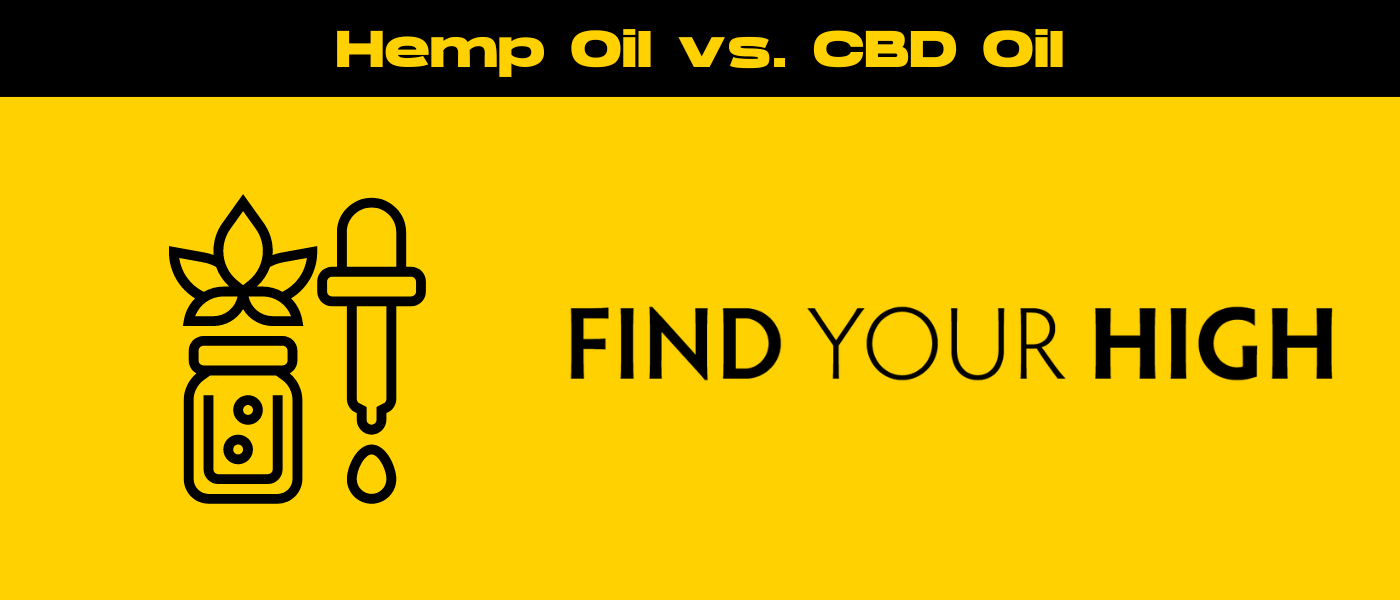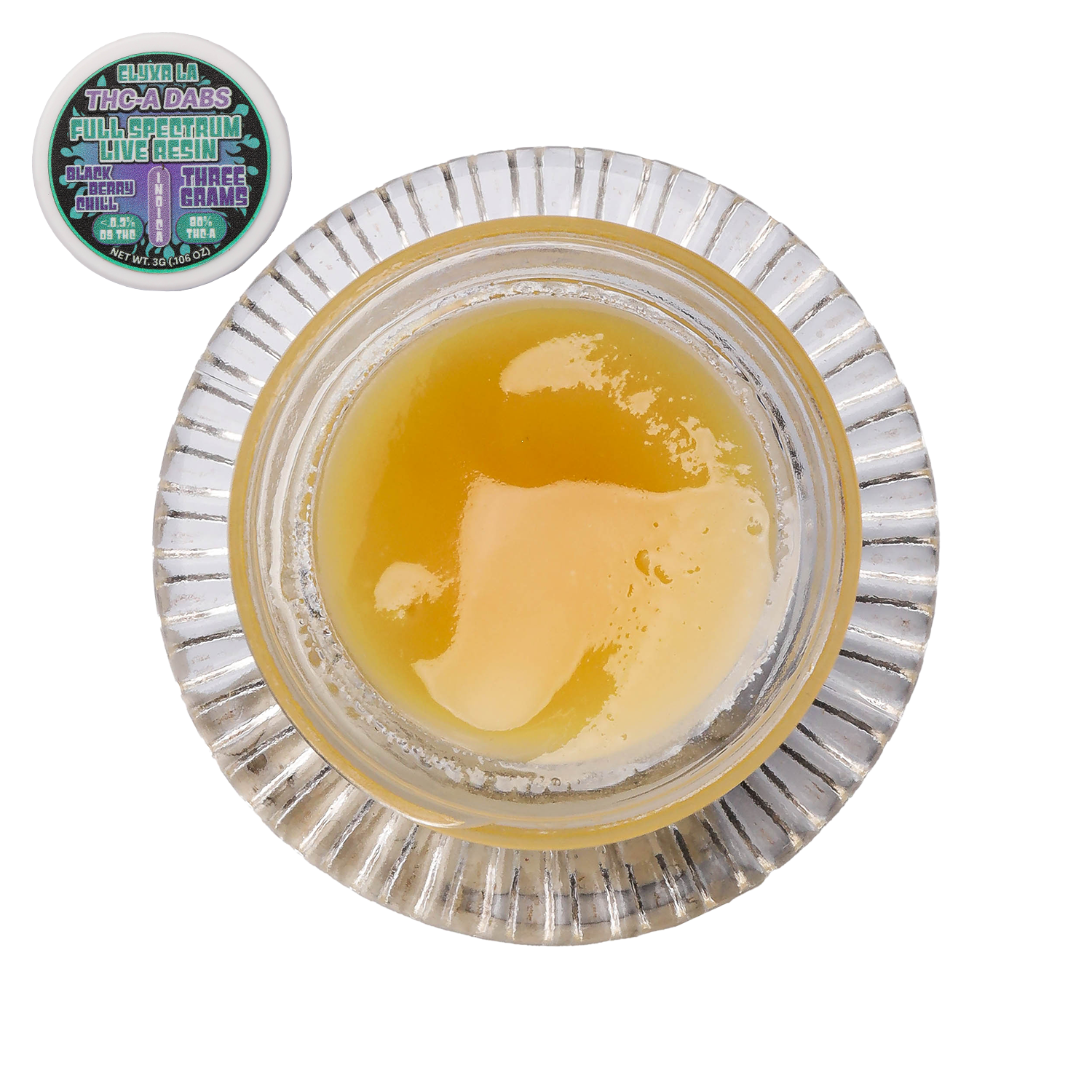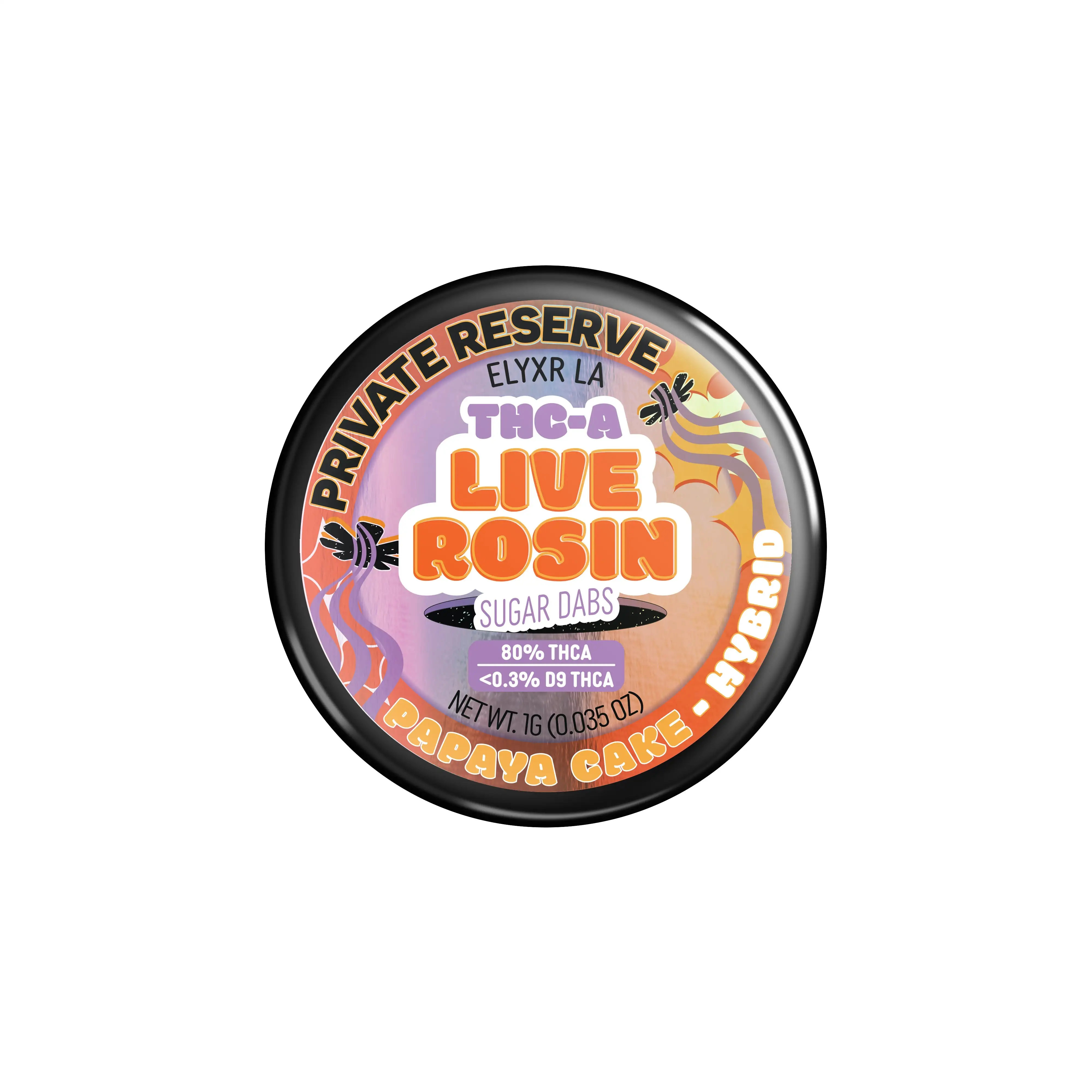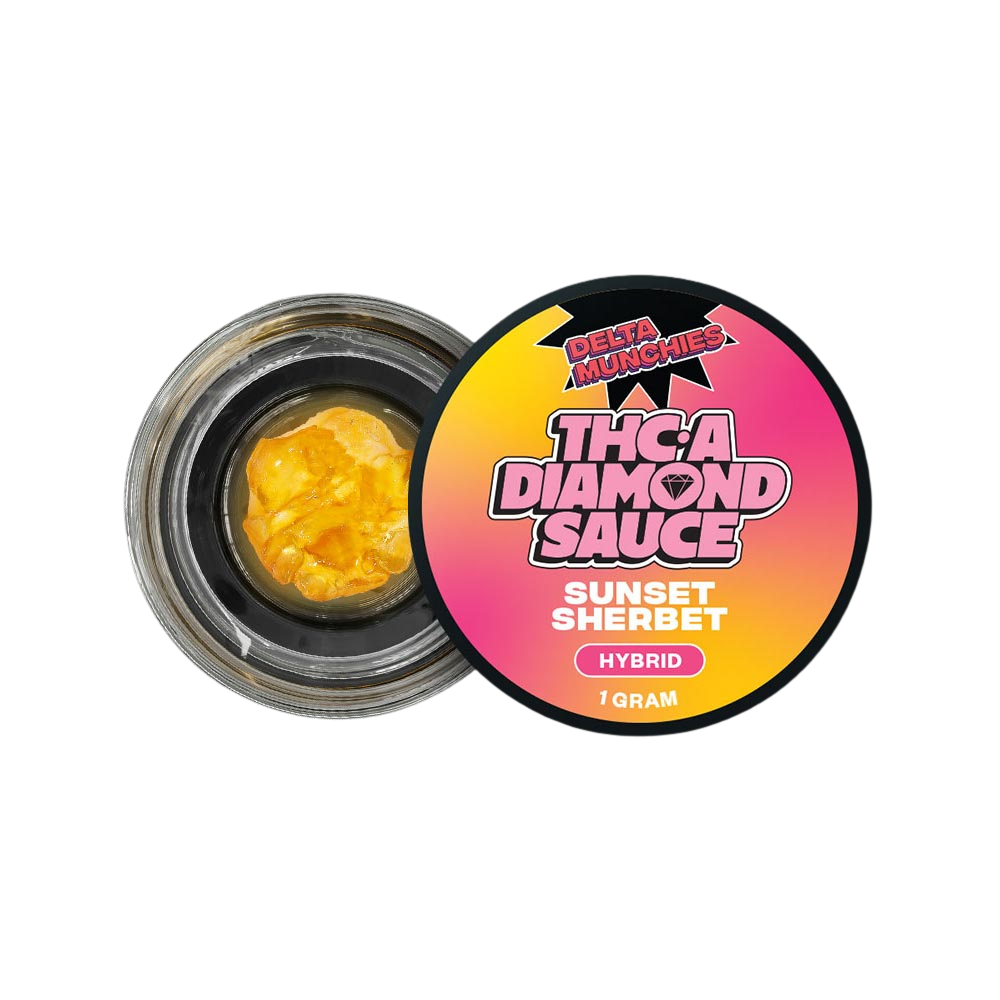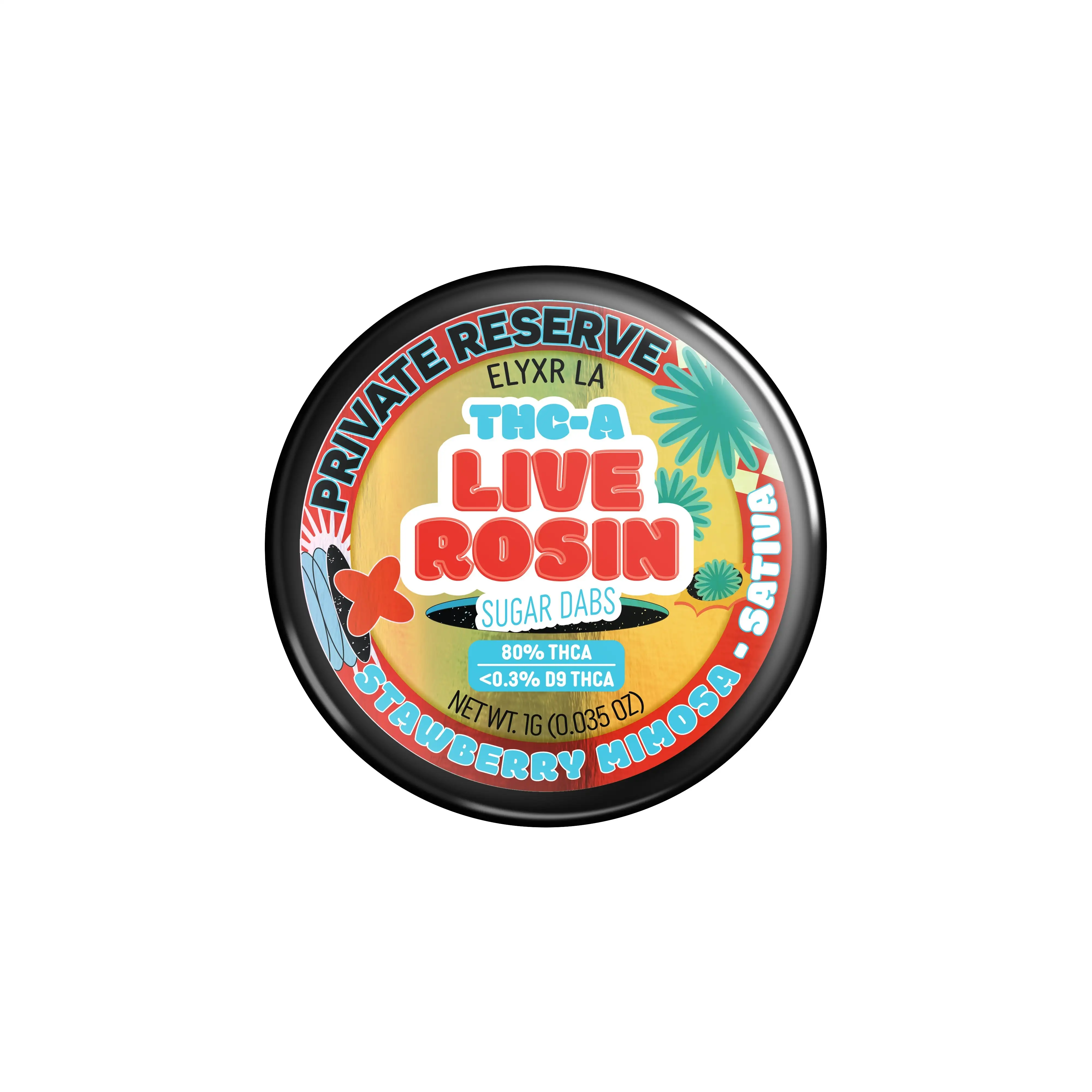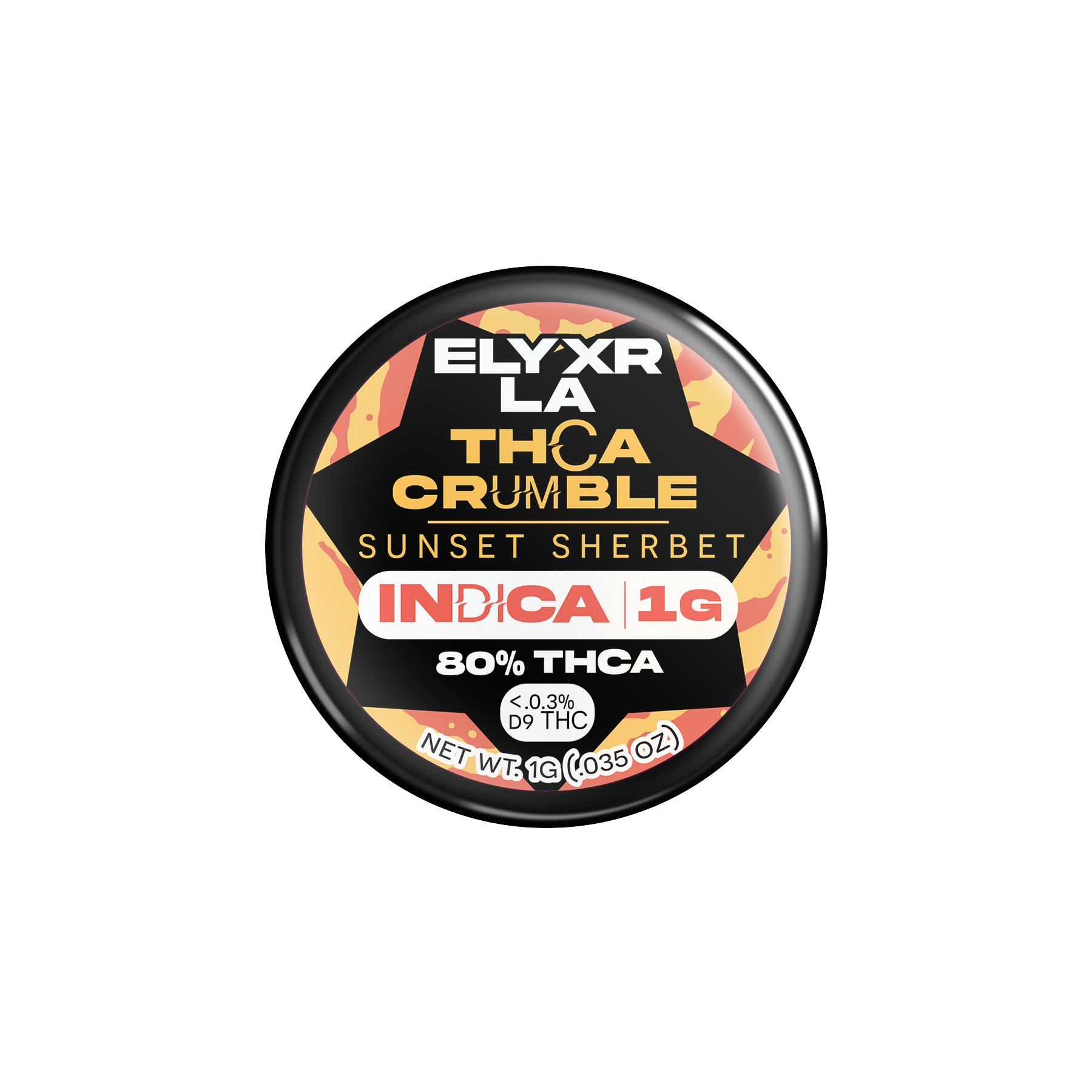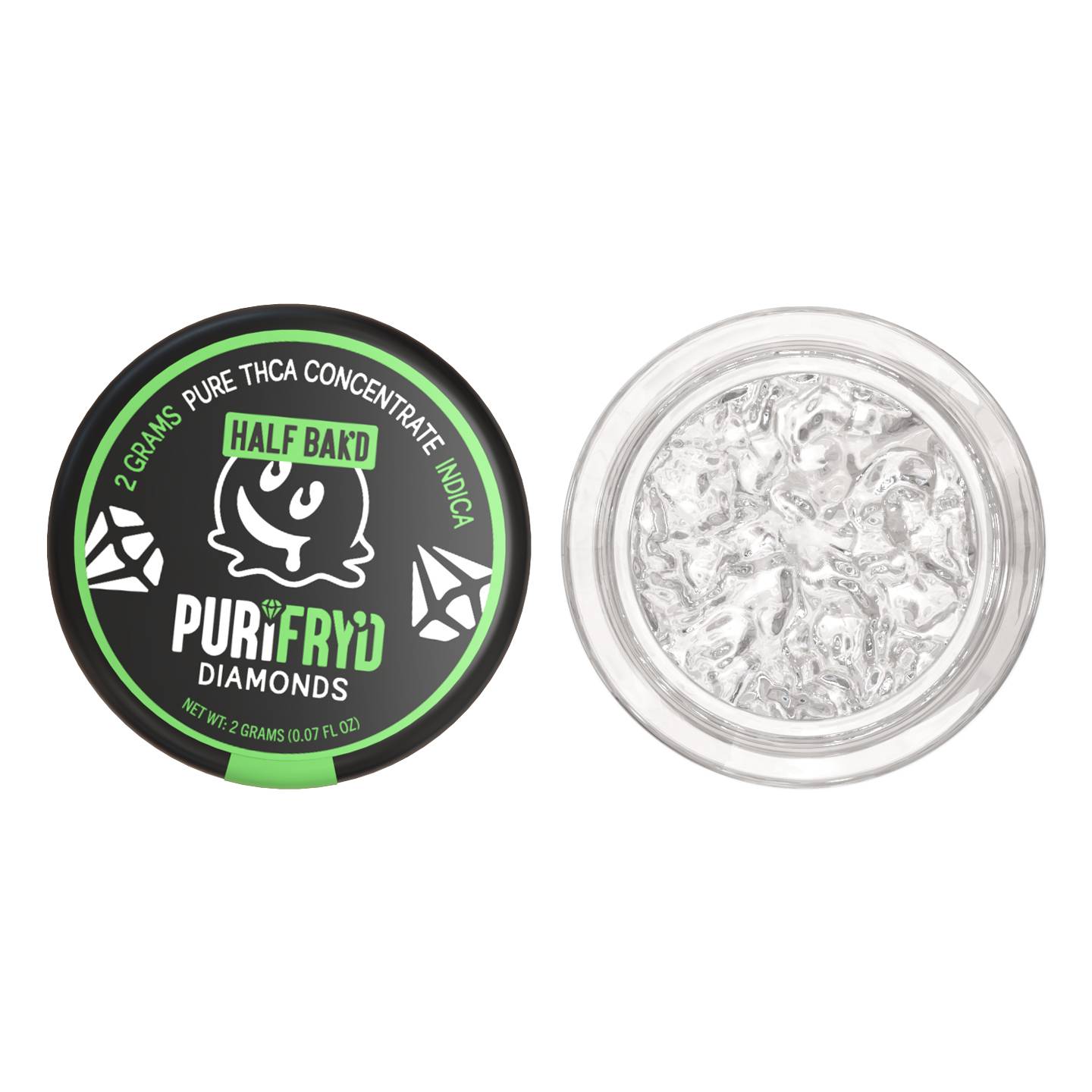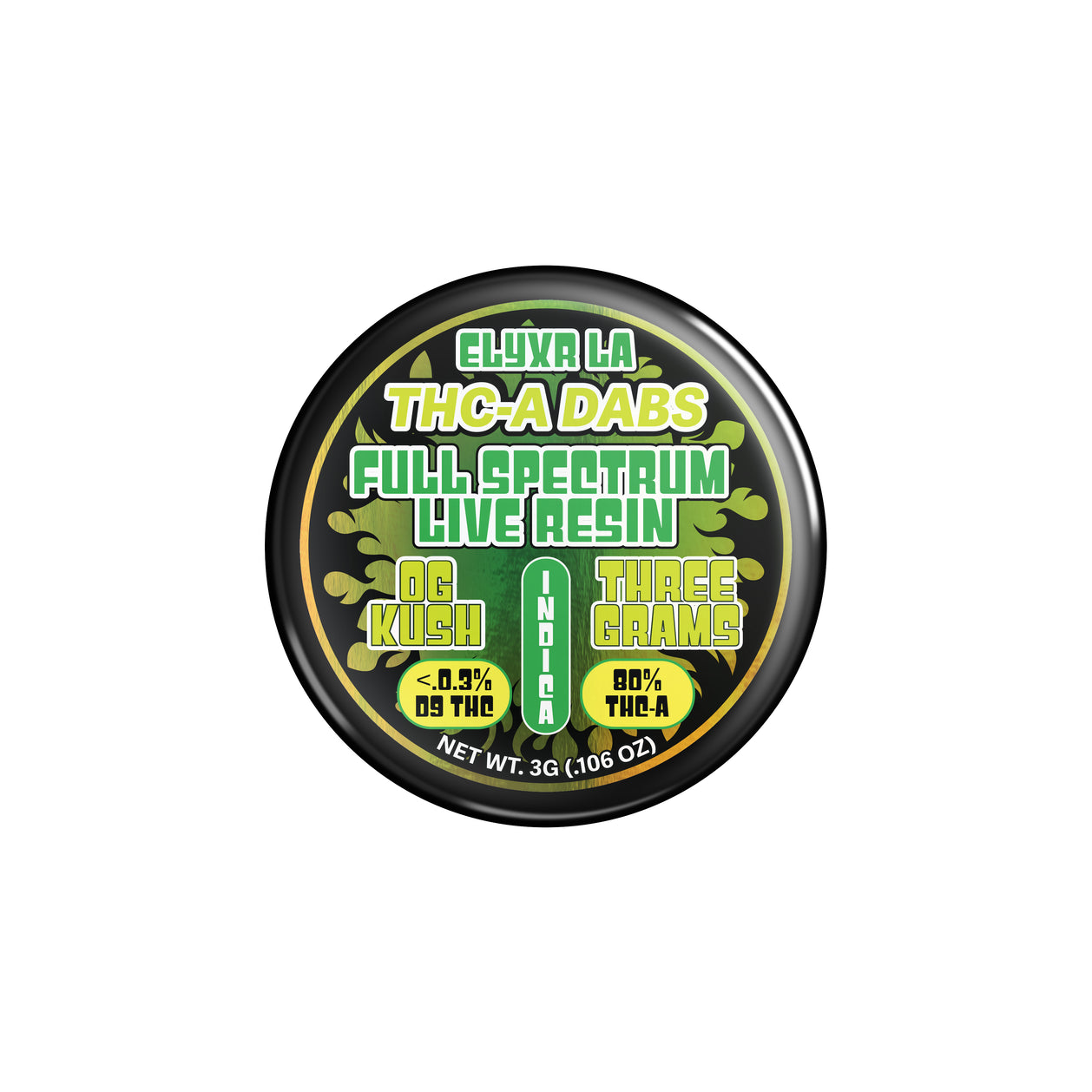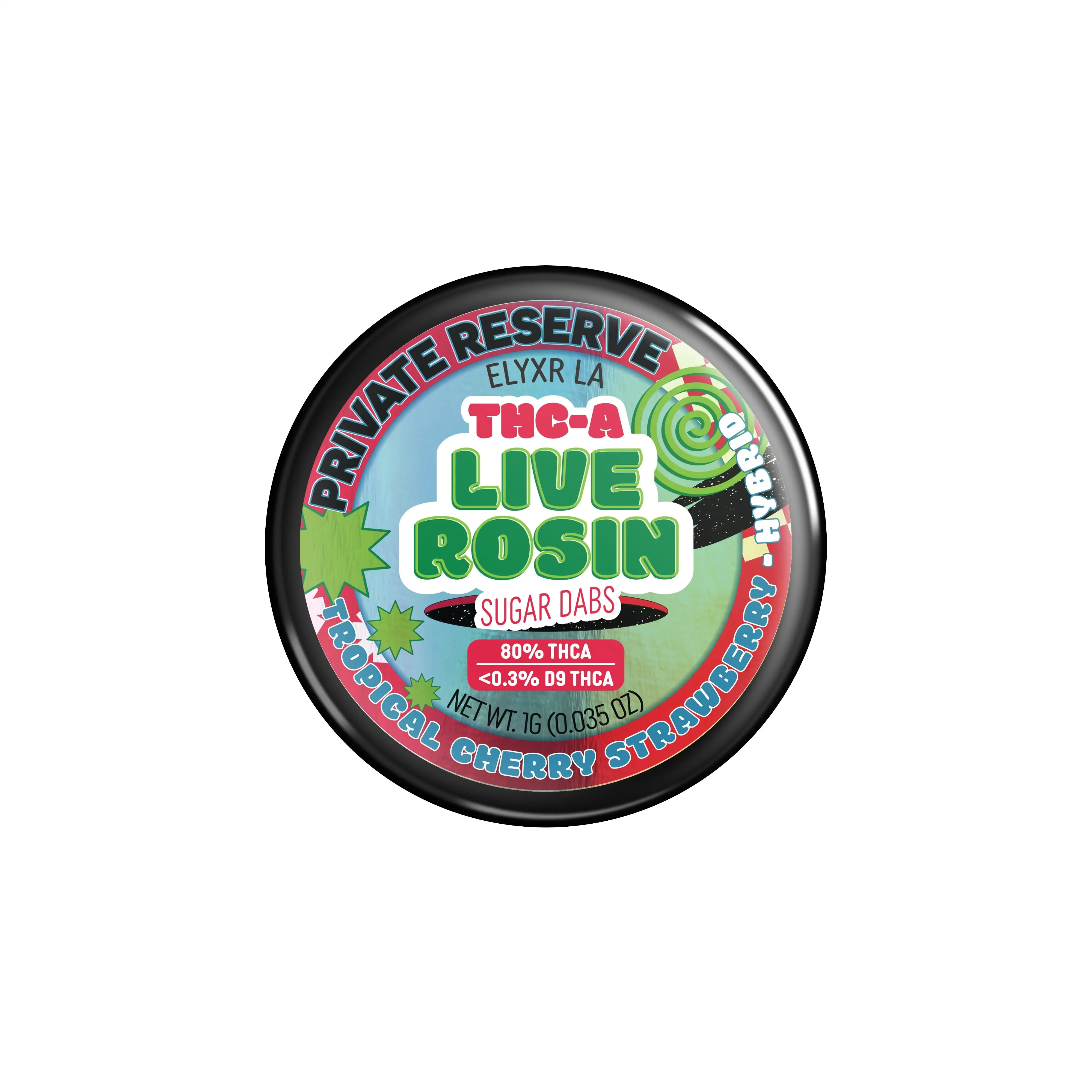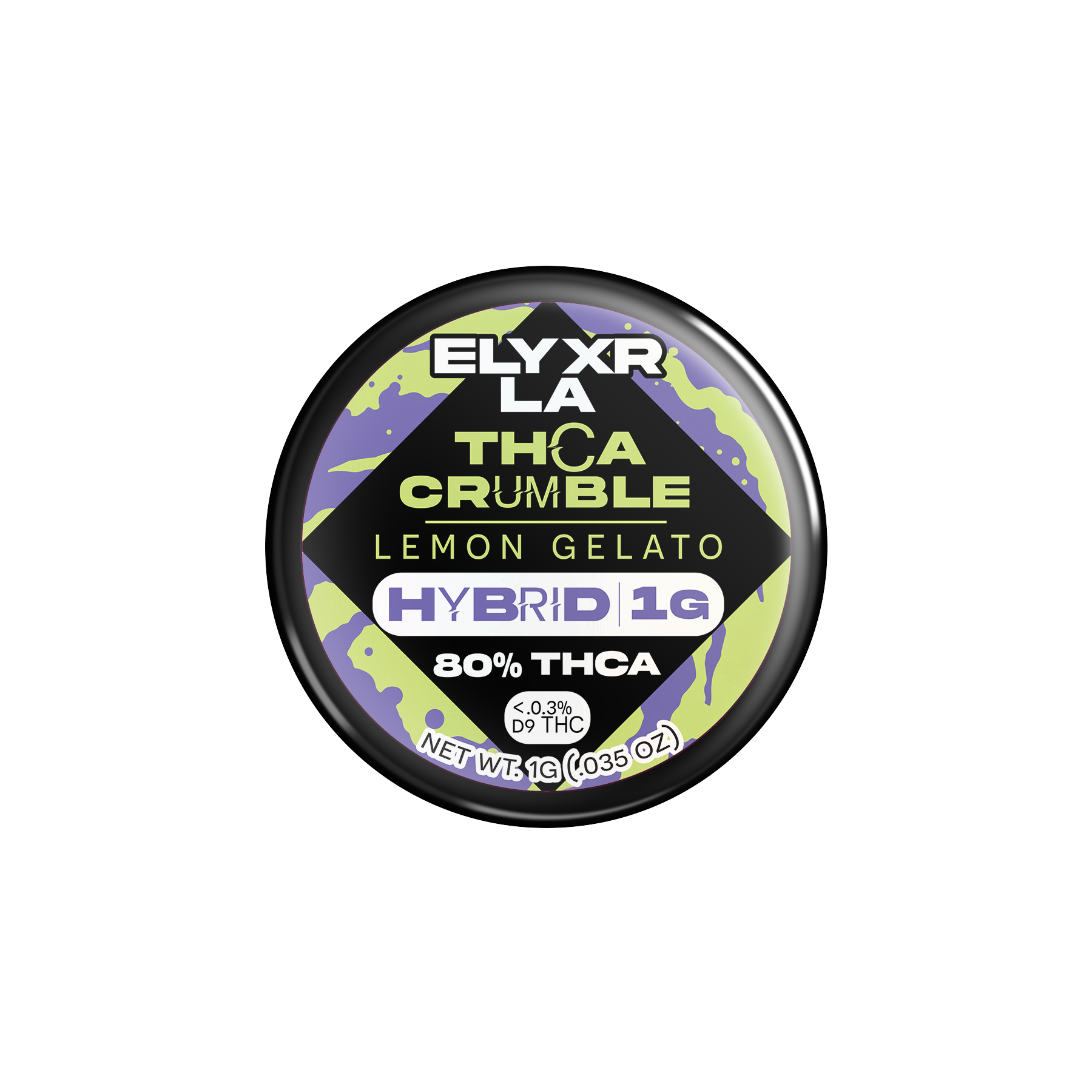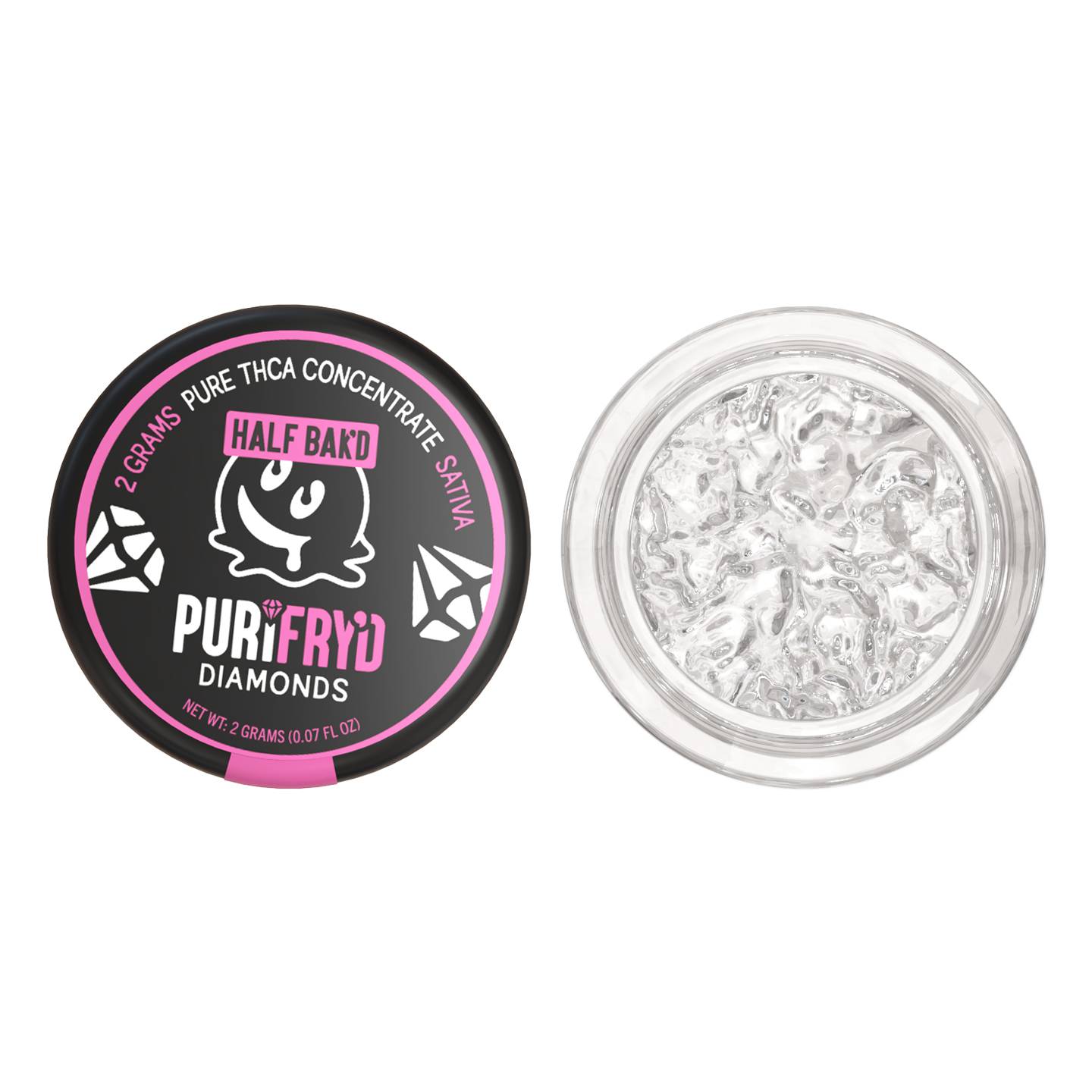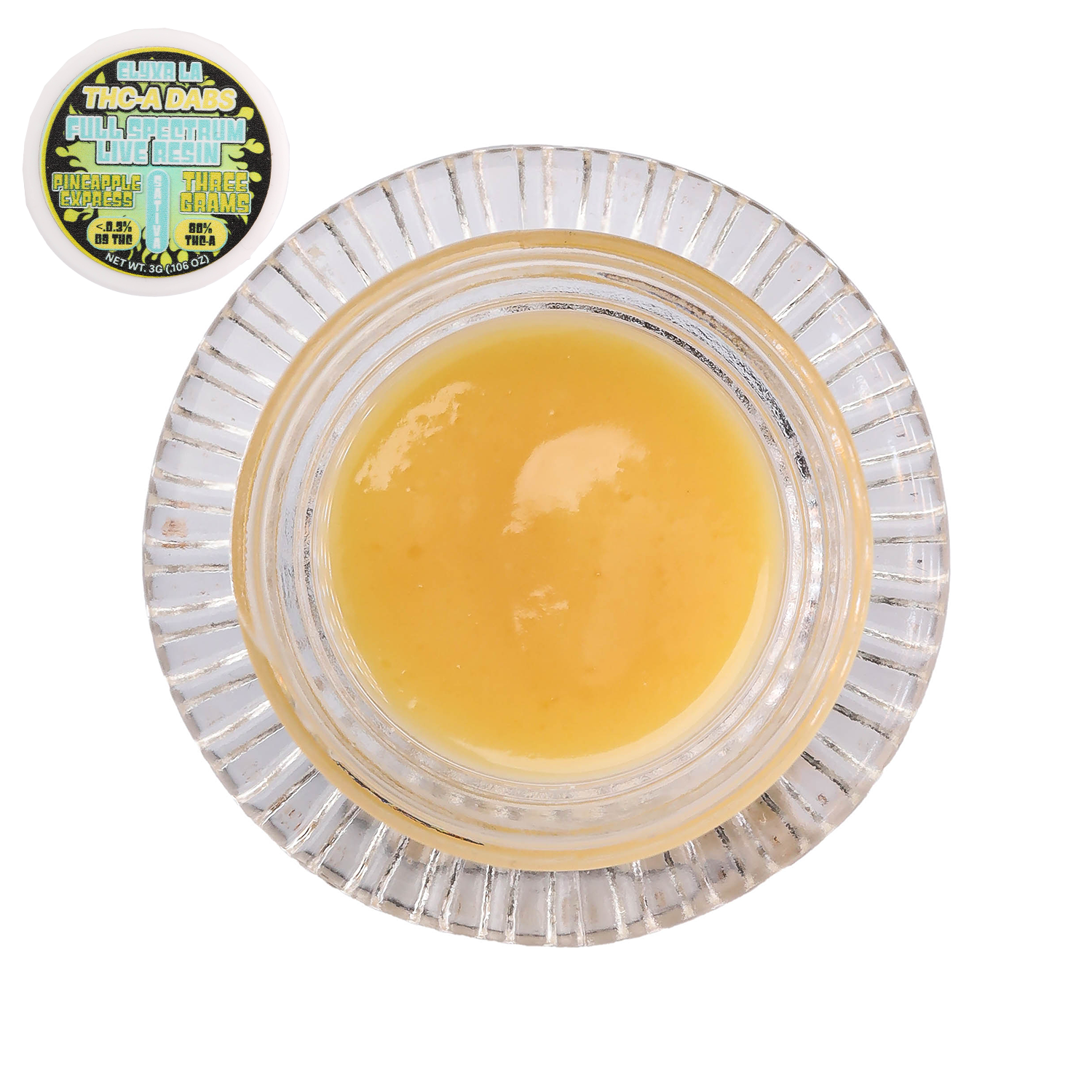If you’ve ever stood in front of a wellness aisle or browsed an online store for a natural remedy, you’ve probably seen “hemp oil” vs “CBD oil” used interchangeably—and it’s confusing as hell.
Both come from the cannabis sativa plant, both are sold in sleek little bottles, and both claim to do great things for your body and mind. So what’s the deal? Are they the same thing, or is there a difference that actually matters?
Spoiler alert: they are not the same. And knowing the difference between hemp oil and CBD oil can save you money, time, and disappointment—especially if you’re trying to manage a specific health issue. This guide breaks it all down so you can shop smart, dose responsibly, and know exactly what you’re putting into (or onto) your body.
What Is Hemp Oil?
Let’s start with hemp oil, which is more accurately called hemp seed oil. This oil is made by cold-pressing the seeds of the hemp plant—the same way you’d press olives for olive oil or sunflowers for sunflower oil. So, is hemp oil good? It’s a nutritious, plant-based oil that’s rich in omega-3 and omega-6 fatty acids, antioxidants, and vitamins like E and B.
Here’s the key thing to know: hemp oil contains zero CBD. That’s right—not a drop. Despite the fact that hemp seed oil and CBD oil both come from the cannabis plant family, they’re completely different products with completely different uses.
Hemp oil is more of a nutritional supplement or cooking ingredient than a therapeutic one. You’ll find it in health food stores, salad dressings, skincare products, and vegan recipes. It’s valued for its anti-inflammatory and skin-nourishing properties, but it doesn’t interact with your endocannabinoid system and won’t have the calming or pain-relieving effects often associated with CBD. Additionally, hemp oil increases appetite.
What Is CBD Oil?
Now let’s talk about CBD oil, the trendy extract that’s exploded in popularity over the past few years. CBD stands for cannabidiol, one of over 100 active compounds found in the cannabis plant. Unlike THC, CBD doesn’t get you high—but it does interact with your body’s endocannabinoid system, which helps regulate things like sleep, mood, pain, and immunity.
CBD oil is made by extracting cannabidiol from the flowers, leaves, and stalks of hemp plants (not the seeds). This extract is then mixed with a carrier oil—often MCT oil, olive oil, or sometimes even hemp seed oil.
There are different types of CBD oil depending on how it’s processed:
- Full-spectrum CBD oil contains all the naturally occurring compounds in hemp, including trace amounts of THC (under 0.3%).
Broad-spectrum CBD oil includes other cannabinoids and terpenes but removes all THC. - CBD isolate is pure cannabidiol with no other plant compounds.
CBD oil is used for targeted wellness support, such as reducing anxiety, easing chronic pain, improving sleep, and managing inflammation. It’s available in tinctures, capsules, gummies, topicals, and vape products—each with different onset times and durations.
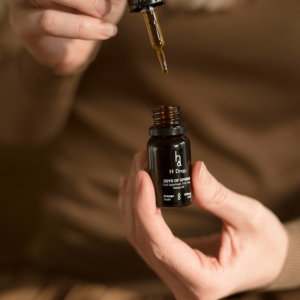
Hemp Oil vs CBD Oil: Key Differences
So now that you’ve got the basics, let’s clear up exactly how hemp oil and CBD oil differ:
- Source
- Hemp oil comes from the seeds of the hemp plant.
- CBD oil comes from the flowers, leaves, and stalks.
- Cannabinoid Content
- Hemp oil has no cannabinoids—no CBD, no THC.
CBD oil contains CBD (and possibly other cannabinoids if it’s full- or broad-spectrum).
- Use and Purpose
- Hemp oil is used as a nutritional supplement or skincare product.
- CBD oil is used for therapeutic and medicinal purposes.
- To use topical products, rub hemp oil or CBD oil into the skin.
- Effects
- Hemp oil does not interact with the endocannabinoid system.
- CBD oil does, which is why it has noticeable effects on stress, sleep, pain, and more.
In short, calling hemp seed oil “CBD oil” is like calling orange juice “vodka.” They’re both liquids from plants, but they’re definitely not going to do the same thing.
How Each Oil Is Made
The extraction process is another major difference between the two.
Hemp oil is made using a straightforward cold-pressing technique. The seeds are cleaned, pressed at low temperatures, and filtered to produce a clear, greenish oil. The process preserves the nutritional value but doesn’t produce any cannabinoids.
CBD oil, on the other hand, requires more sophisticated methods. The most common techniques are:
- CO₂ extraction, which uses pressurized carbon dioxide to isolate cannabinoids without harmful solvents.
- Ethanol extraction, which uses alcohol to pull cannabinoids from the plant material.
These methods are designed to preserve the integrity of CBD and other beneficial compounds while removing unwanted substances like chlorophyll or excess THC. The resulting extract is then diluted with a carrier oil for easier dosing and better absorption.
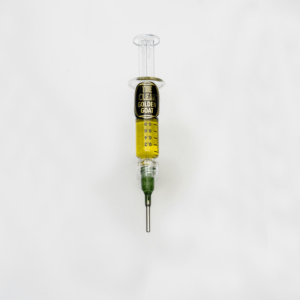
Health Benefits of Hemp Oil
Even though it doesn’t contain CBD, hemp oil still has plenty going for it—especially from a nutritional standpoint.
Hemp seed oil is rich in:
- Omega-3 and omega-6 fatty acids, which support heart and brain health.
- Gamma-linolenic acid (GLA), which may help with PMS symptoms and inflammation.
- Vitamin E, a powerful antioxidant that supports immune function and skin health.
It’s often used in skincare products for its hydrating and soothing properties. Some people take it as a daily supplement to improve their overall well-being, especially if they’re not getting enough healthy fats in their diet.
Just don’t expect it to help with anxiety, pain, or sleep. That’s CBD’s territory.
Health Benefits of CBD Oil
CBD oil is all about balance—bringing your body back into homeostasis by working with your endocannabinoid system.
Here are some of its most common (and most studied) benefits:
- Anxiety relief: Many people report a calming effect that helps with social anxiety, generalized anxiety, and even PTSD symptoms.
- Pain and inflammation: CBD has shown promise in managing chronic pain conditions like arthritis, fibromyalgia, and back pain.
- Better sleep: It may help people fall asleep faster and stay asleep longer, especially when stress or discomfort is a factor.
- Seizure reduction: Epidiolex, a prescription CBD medication, is FDA-approved for rare forms of epilepsy.
Research is ongoing, but early studies suggest CBD could also help with neuroprotection, mood regulation, and immune response.
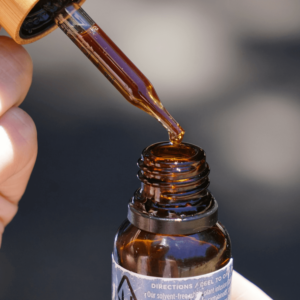
Shopping Tips: How to Tell the Difference
This is where it gets tricky—because a lot of shady brands blur the lines between hemp oil and CBD oil to sell more products. Don’t fall for it.
Here’s how to spot the real thing:
- If the label says “hemp seed oil”, it’s probably not CBD. Check the ingredients.
- Look for clear wording like “CBD,” “cannabidiol,” or “hemp extract” with milligram amounts.
- Reputable CBD products will list the amount of CBD per serving and per bottle.
- Look for third-party lab test results (COAs) to verify cannabinoid content.
- Avoid brands that use vague phrases like “hemp oil extract” without actual CBD content listed.
If it seems like a great deal, but it doesn’t say how much CBD is in it—chances are, it doesn’t contain any at all.
Legal Status: What You Should Know
Legally speaking, hemp oil is a non-issue. Since it doesn’t contain any cannabinoids, it’s legal in all 50 states and can be sold in grocery stores, Amazon listings, and cosmetic aisles.
CBD oil is a little more complicated. Under the 2018 Farm Bill, hemp-derived CBD with less than 0.3% THC is legal at the federal level. But state laws vary. Some states restrict CBD sales or limit which types of products are allowed. Others ban CBD-infused food and drinks due to FDA regulations.
If you’re buying CBD oil online or traveling with it, always check the local laws for wherever you’re going.
Which One Is Right for You?
If you’re looking for nutritional benefits like better skin, stronger hair, or more omega-3s in your diet, hemp oil is a great pick. It’s natural, non-psychoactive, and easy to add to smoothies, salads, or skincare routines.
If you’re dealing with pain, stress, anxiety, sleep problems, or inflammation, CBD oil is the way to go. Just make sure you’re buying from a brand that’s transparent about its ingredients, potency, and testing practices.
Some people even use both—hemp seed oil for general wellness and CBD oil for targeted symptom relief. It’s not either/or. It’s about finding what works for your body and your goals.
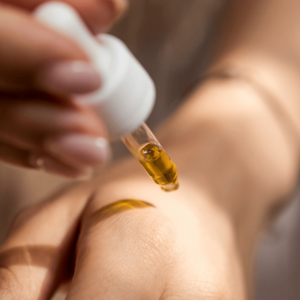
Final Thoughts
Understanding the difference between hemp oil and CBD oil isn’t just a matter of semantics—it can completely change your experience, your results, and your trust in cannabis-based wellness. One is a nutrient-dense food-grade oil; the other is a cannabinoid-rich therapeutic extract. They’re both valuable—but only if you know what you’re getting.
So read the labels, do your homework, and don’t let flashy packaging or fuzzy terminology fool you. Whether you’re a seasoned CBD user or a curious newbie, knowing what’s in your bottle is the first step toward getting the benefits you’re after.
Hemp Oil vs CBD Oil: Frequently Asked Questions
1. Which is better, CBD oil or hemp oil?
The choice between CBD oil and hemp oil depends on what you’re looking for. CBD oil contains cannabidiol (CBD), a compound known for its potential health benefits like reducing anxiety, pain relief, and improving sleep. Hemp oil, on the other hand, is made from the seeds of the hemp plant and is more commonly used for nourishing the skin and promoting overall health due to its high levels of essential fatty acids. If you’re seeking the therapeutic effects of CBD, then CBD oil is the better choice. However, if you want to support skin health and get a nutrient boost, hemp oil is the way to go.
2. How does hemp oil make you feel?
Hemp oil typically does not produce a strong effect on the body or mind, as it is made from hemp seeds and contains minimal to no CBD or THC. It’s generally used for moisturizing the skin, improving hair health, and providing a healthy source of essential fatty acids like omega-3 and omega-6. It may help improve overall wellness but won’t cause the same therapeutic effects as CBD oil or other cannabis products.
3. Is hemp as strong as CBD?
No, hemp oil is not as strong as CBD. While hemp oil is packed with nutrients like omega fatty acids, it doesn’t have the same therapeutic effects associated with CBD (cannabidiol). CBD is a specific compound from the hemp plant known for its potential health benefits like reducing pain, inflammation, anxiety, and more. Hemp oil, however, is made from the seeds of the hemp plant, which contain little to no CBD or THC, meaning it won’t provide the same strength or effects.
4. Which is better for sleep, CBD or hemp?
When it comes to sleep, CBD oil is typically the better option. CBD has been researched for its ability to help reduce anxiety and promote relaxation, both of which can contribute to better sleep. Hemp oil is not specifically known for sleep-related benefits and is more commonly used for overall wellness and skin care. If you’re looking for something to help you fall asleep, CBD oil is your best bet.




